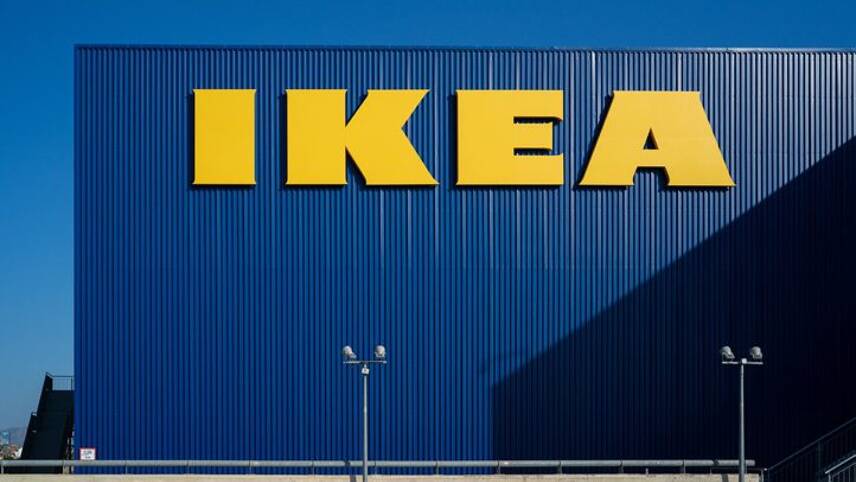Register for free and continue reading
Join our growing army of changemakers and get unlimited access to our premium content

Ikea plans to reach net-zero emissions by 2050.
This is according to the ‘Annual Summary and Sustainability Report FY23’, published by the Ingka Group, Ikea’s largest retailer.
The report underscores that the company’s reduction in climate footprint is primarily attributed to the adoption of carbon-saving initiatives, including electric vehicle adoption, the use of renewable electricity and the enhancement of energy efficiency measures.
As part of its business transformation, the company has increased its investments in offsite renewable energy by €700m since 2016, with spending totalling €3.8bn since 2009.
In 2023, Ingka Group sourced 79.2% of the electricity utilised in its operations (compared to 74.6% in 2022) from renewables, achieving 100% renewable electricity consumption across IKEA stores and Ingka Centres meeting places in 28 countries during in 2023.
Significantly, Ingka Group posted emissions cuts in its supply chains and downstream activities (Scope 3 emissions) as well as in its operations. It recorded a 23.6% drop in Scope 3 emissions since 2016, including a 12.5% year-on-year decrease in 2023.
Ingka Group’s chief sustainability officer Karen Pflug said: “The world is facing many challenges- climate change, increasing nature loss and rising inequality, to name a few- but we are determined to be part of the solution.
“During the past year, we have continued to transform our operations and expanded our offer of products, services, and solutions to make it easier for our customers to adopt more sustainable habits. In our own operations, we see continued progress in switching to renewable energy with more than 79% of electricity now coming from renewable sources.”
2023 marks the first year in which Ingka Group decoupled growth from emissions. Two years ago, the business posted a 15% year-on-year uptick in absolute emissions as financial performance rebounded post-lockdown.
Looking ahead for climate
Ikea plans to reach net-zero emissions by 2050, reducing absolute emissions by at least 90%, without using carbon offsets.
In November 2023, Ingka Group strengthened its climate targets, aligning with the Science Based Target Initiative (SBTi)’s Corporate Net-Zero Standard.
The revised targets outline the company’s commitment to reducing absolute greenhouse gas (GHG) emissions from the value chain by at least 50% by 2030, compared to the 2016 baseline.
Currently pending SBTi approval, these targets will be reported against this year.
Circular business models
The report also confirms significant growth for Ingka Group’s product reuse and repair offerings.
Twice as many customers globally used its buyback and resell service in 2023 than in 2022. This service attracted more than 211,000 customers last year. Additionally, customers purchased repair solutions for 45.1 million products in 2023 compared to 42.6 million in 2022.
Ikea is notably aiming to become a fully circular business by 2030 and has partnered with the Ellen MacArthur Foundation to assist with the delivery of this bold vision.


Please login or Register to leave a comment.